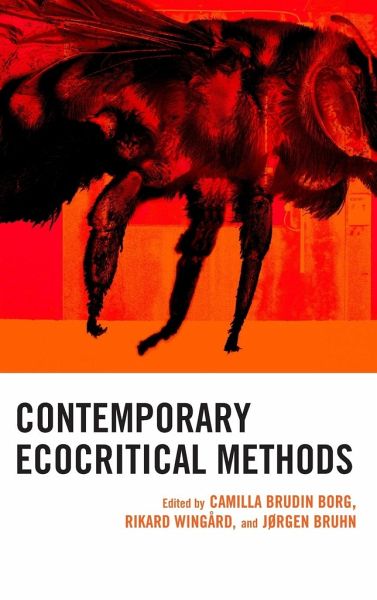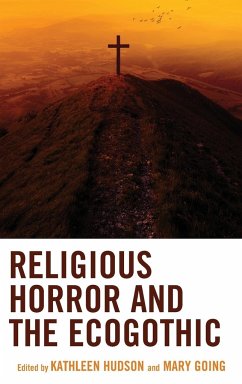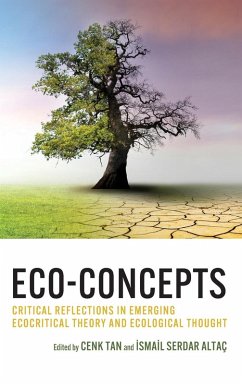
Contemporary Ecocritical Methods
Versandkostenfrei!
Versandfertig in 1-2 Wochen
110,99 €
inkl. MwSt.

PAYBACK Punkte
55 °P sammeln!
Ecocriticism has grown into one of the most innovative and urgent fields of the humanities, and many useful ecocritical approaches for addressing our environmental crisis have been developed, discussed, and reconsidered during the last decade. From various perspectives, ecocriticism both adopts and criticizes traditional analytical and theoretical models, resulting in an impressive methodological diversity, pushing the boundaries of the humanities. Contemporary Ecocritical Methods exemplifies this methodological variety and serves as a practical entry into the field. Fourteen chapters, written...
Ecocriticism has grown into one of the most innovative and urgent fields of the humanities, and many useful ecocritical approaches for addressing our environmental crisis have been developed, discussed, and reconsidered during the last decade. From various perspectives, ecocriticism both adopts and criticizes traditional analytical and theoretical models, resulting in an impressive methodological diversity, pushing the boundaries of the humanities. Contemporary Ecocritical Methods exemplifies this methodological variety and serves as a practical entry into the field. Fourteen chapters, written by scholars from various ecocritical sub-fields of environmental humanities, introduce a rich set of perspectives and their analytical tools.














